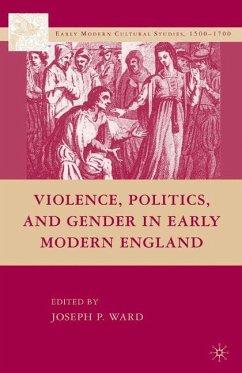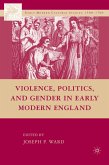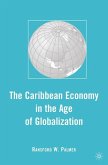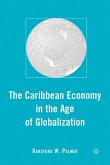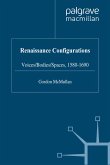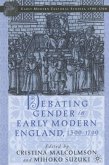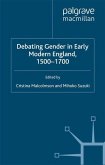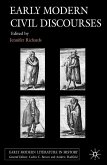This book engages in an interdisciplinary study of the establishment and entrenchment of gender roles in early modern England. Drawing upon the methods and sources of literary criticism and social history, this edited volume shows how politics at both the elite and plebeian levels of society involved violence that either resulted from or expressed hostility toward the early modern gender system. Contributors take fresh approaches to prominent works by Shakespeare, Middleton, and Behn as well as discuss lesser known texts and events such as the execution of female heretics in Reformation Norwich and the punishment of prostitutes in seventeenth-century London to draw new conclusions about gender in early modern England.
"This timely collection of essays by a range of literary and cultural historians deftly explores the multivalent and sometimes conflictive uses of violence in early modern England - a period for which violence was a natural but by no means a transparent form of social expression. Early modern violence spoke volumes but the particular story any one act of violence might tell depended on its various agents, participants, and audience living the historical moment. One ringing refrain of this volume, however, is that violence more often than not told the story of 'the tenuous nature of patriarchal authority in early modern England.'" - Patricia Fumerton, Professor and Director, English Broadside Ballad Archive, Department of English, University of California-Santa Barbara

